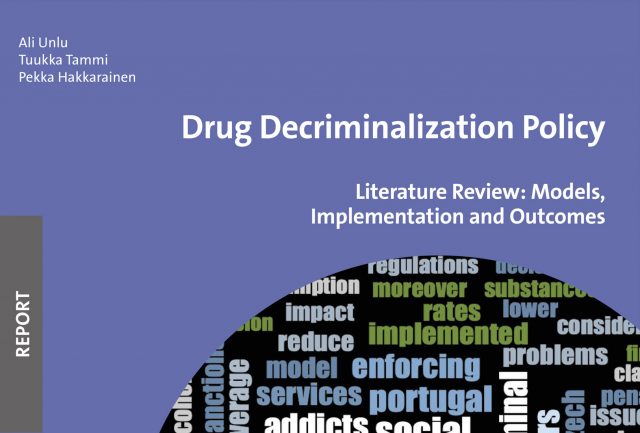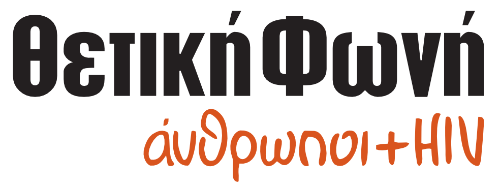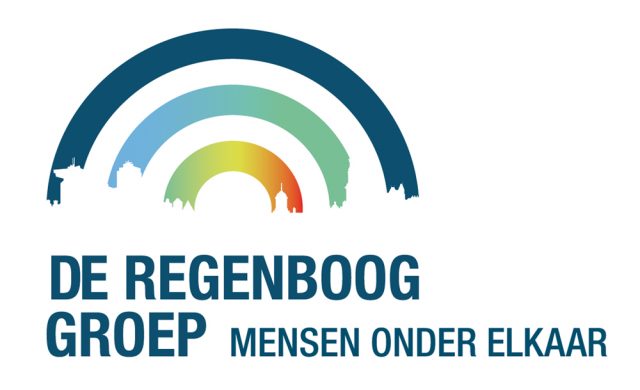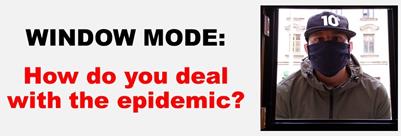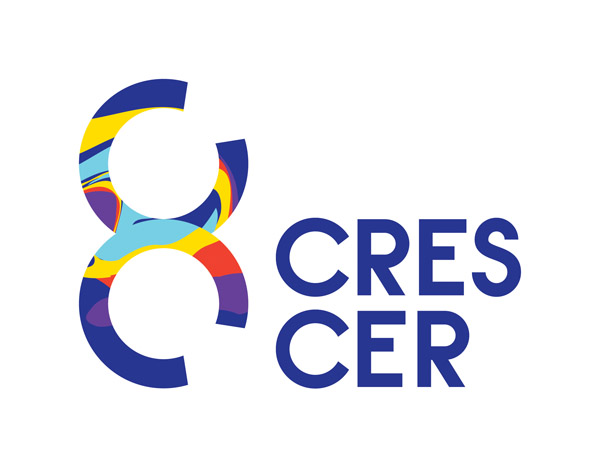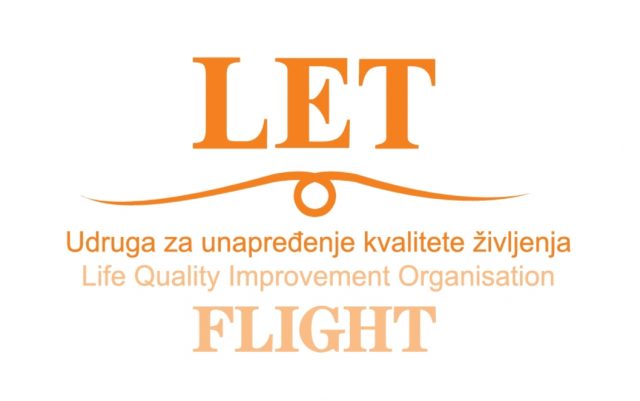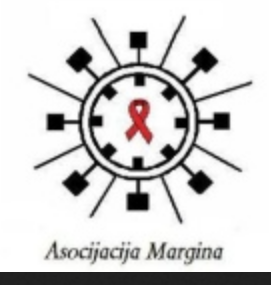CRESCER develops community-based interventions with a harm reduction approach focused on three vulnerable groups – people who use drugs, people who experience homelessness and asylum seekers and refugees – through a set of services, such as outreach teams, Housing First program, drop-in centre, employment-oriented project, among others. CRESCER’s teams cover the entire Lisbon metropolitan area, accompanying 2000 vulnerable people a year, 1500 of whom are people who use drugs.
On March 18th, 2020, Portugal declared the State of Emergency, beginning on March 19th and ending (until a further decision) on May 2nd. This declaration has imposed a lockdown for the sake of public health, restricting the movement of people in public spaces.
Considering the profile of our clients – vulnerable people who are experiencing or experienced homelessness, most of whom with health conditions, i.e. people COVID-19 high-risk group – and the necessity to continue supporting them, now more than ever, CRESCER has adapted its daily activities. This contingency plan was designed and implemented on March 16th, previously to the State of Emergency declaration, to reduce the risks and take account of possible future constraints in human resources available due to illness/prophylactic isolation.
Since then, outreach teams, Housing First program and the Municipal Programme for the Reception of Refugees in the city of Lisbon have been working daily. Mitigation measures were implemented, such as a team rotation system – teams of two kept working on the field while the other ones were on teleworking, changing every 15 days (in the absence of clinical symptoms) – a decrease of face-to-face interventions and delivery of support through phone/computer-based solutions, and the use of Individual Protection Equipment, in line with the latest Directorate-General for Health (DGS) guidelines. In order to maintain essential services to the community and comply with DGS recommendations, CRESCER has temporarily closed the drop-in centre and its restaurant, an employment-oriented project with on-the-job training for people who experience homelessness.
CRESCER’s activities at COVID-19 time:
– Outreach teams’ daily route on consumption neighborhoods.
– Exchange and distribution of aseptic material to smoked or injected drug use.
– Distribution of soup and alcohol-based hand wipes.
– Social and psychological support by phone.
– Medical and nursing care by phone or on-site in emergency situations.
– Social and health referrals in order to get appointments by phone, ask for medicines and get social support for clients (ex.: financial support, food, products for personal hygiene, etc.).
– Integration of people who experienced chronic homelessness in Lisbon at individual houses with the support of a specialized team.
– Seek individual houses for rent to integrate people who experience chronicle homelessness.
– Seek family houses/bedrooms for rent to integrate refugee families or individuals.
– Home delivery of meals (prepared by Lisbon City Hall services) and medicines with the help of volunteers.
– Support to basic day-to-day tasks (bath, household cleaning, laundry, purchase of goods, etc.) in the most vulnerable cases.
– Distribution of informative flyers on COVID-19, with a simple and direct message about symptoms, routes of transmission, precautions and harm reduction strategies focus on drug use, sexual behaviours, and homelessness situations.
– Restaurant kept closed to the public but opened with a service of cooked meals, prepared by its team of people who experienced homelessness. These peers distribute around 300 meals per night on the street.
– Advocacy about the urgent need to eradicate chronic homelessness and to promote access to housing in order to guarantee the dignity and security of all, through CRESCER’s social networks.
Cristiana Merendeiro
CRESCER

